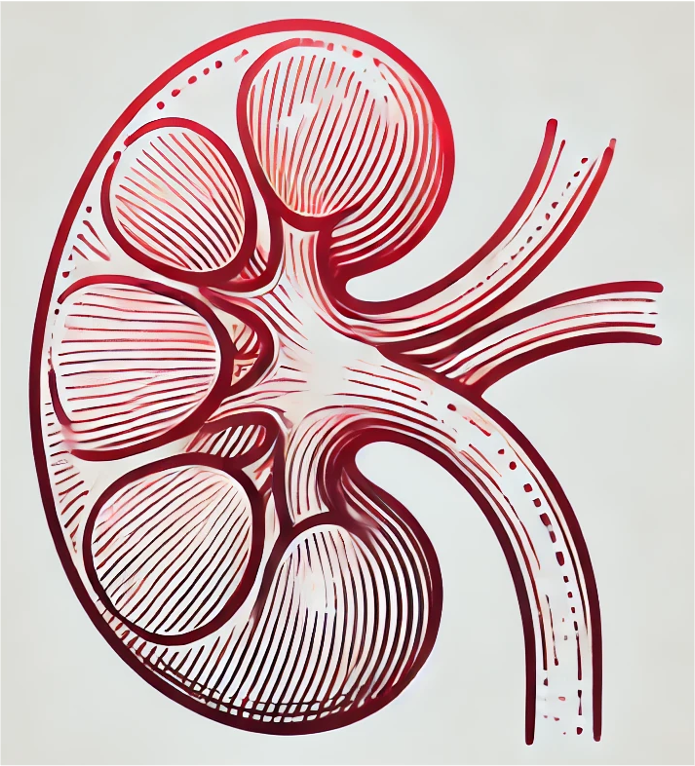Description
Hypoxia is a hallmark of renal ischemia reperfusion injury (IRI) and serves as an essential regulator of innate immune responses during this process, although the mechanisms of this regulation remain unclear. Here, we show that dendritic cell (DC)-specific genetic ablation of hypoxia-inducible factor (HIF) 2, a transcription factor induced by oxygen shortage, leads to hyperactivation of natural killer T cells (NKTs), ultimately exacerbating renal IRI in mice. HIF-2 deficiency in DCs triggers IFN- and IL-4 production in NKTs, along with upregulation of type I interferon (IFN) and chemokine responses critical for NKT activation. Mechanistically, loss of HIF-2 in DCs promotes their expression of CD36, a scavenger receptor for lipid uptake, resulting in increased lipid accumulation. Furthermore, HIF-2 binds directly to a reverse hypoxia-responsive element (rHRE) in the CD36 promoter, supporting its transcriptional regulation of CD36. Importantly, CD36 blockade by sulfo-N-succinimidyl oleate (SSO), reduces NKT activation and abolishes the exacerbation of renal IRI in mice with DC-specific HIF-2 knockout. Taken together, our study reveals a previously unrecognized role of a HIF-2-CD36 regulatory axis in rewiring DC lipid metabolism under IRI-associated hypoxia, and suggests a potential therapeutic target to resolve long-standing obstacles in clinical treatment of this severe complication.
Overall Design
To investigate how HIF-2 affected glycolipid priming by DCs at a molecular level, we used RNA sequencing to examine transcriptomic differences between BMDCs isolated from Hif2fl/fl (WT) and CD11c-Cre;Hif2fl/fl (KO) mice, which were cultured for 4 hours with -GalCer following 24 hour-dimethyloxalylglycine (DMOG, a HIF-2 stabilizer) incubation.
Curator
yq_pan
